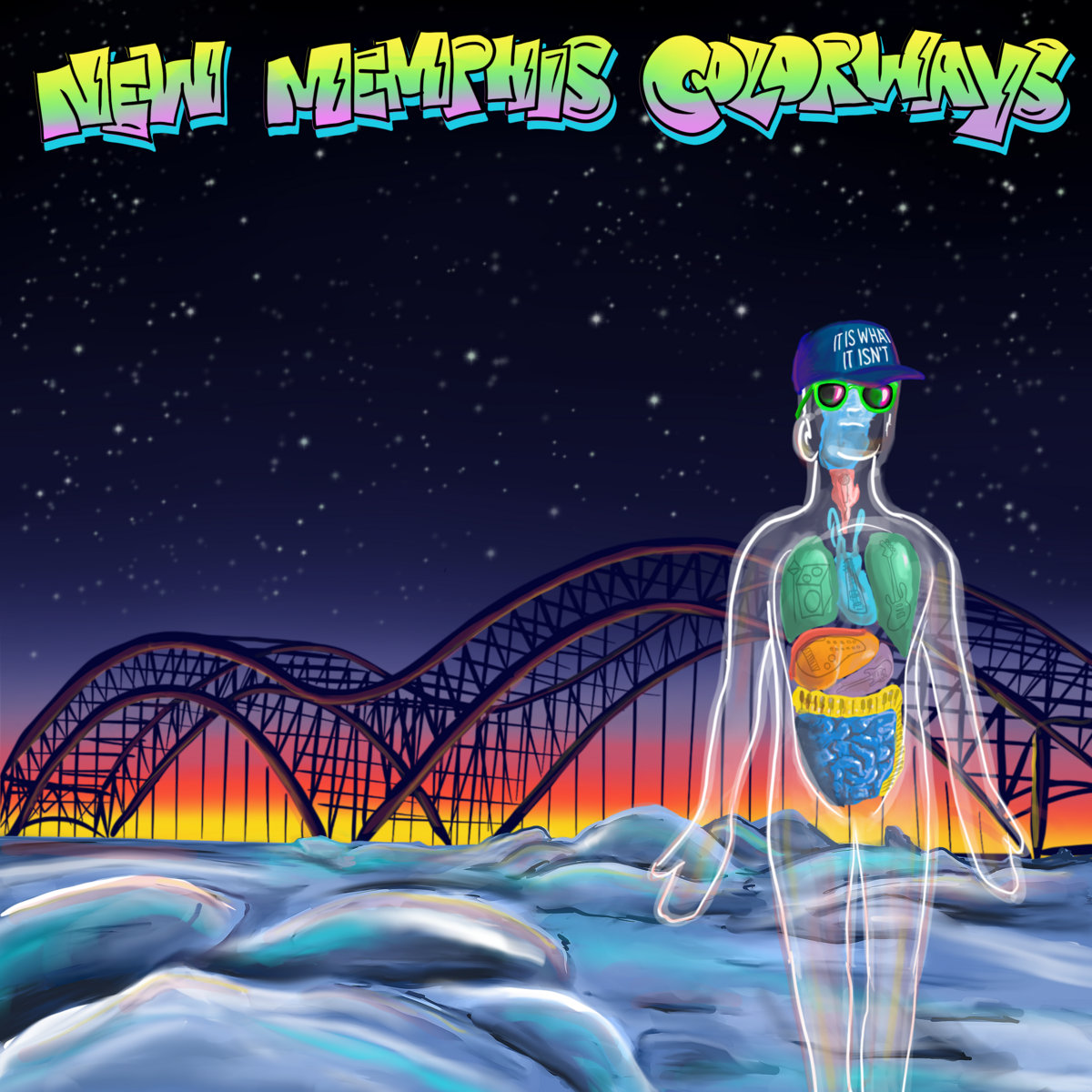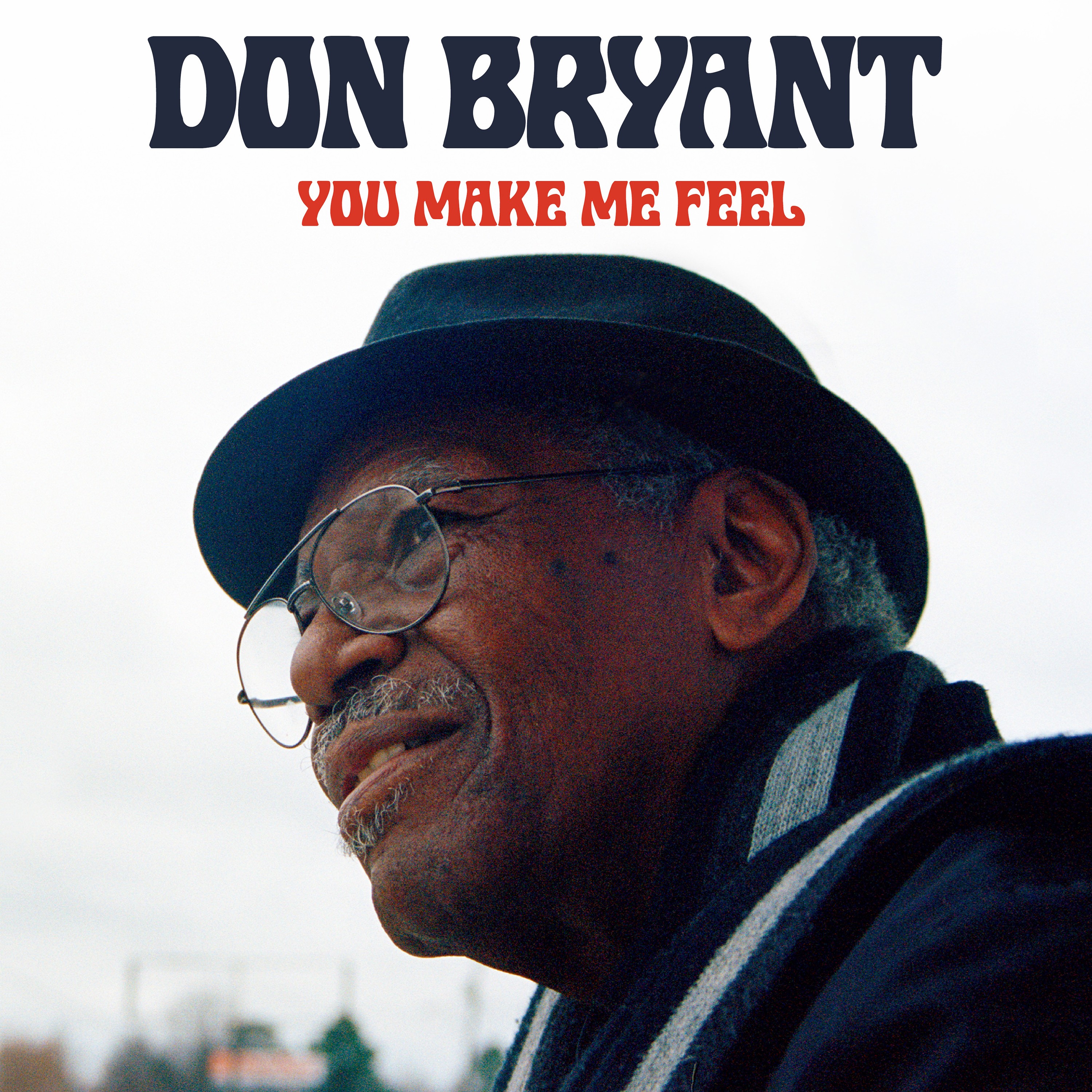“Jazz” is a big word, and can cover so many approaches to music that it may have lost all its descriptive power. That is especially true if one follows the music’s history into the 1970s and beyond. After traditional forms were blown wide open in the 1960s (with the ascendance of free jazz), the music’s influences and reference points became so far-flung that any noise, texture, or groove was fair game.
Anything being fair game is a good motto for the latest album by New Memphis Colorways, It is What it Isn’t, set to be self-released on May 21st. As the catch-all name for the various musical projects of virtuoso Paul Taylor, New Memphis Colorways has always considered the world fair game, of course, ranging from tightly woven power pop of The Music Stands to the stomping, almost surfing groove rock of Old Forest Loop.
Most of those earlier projects showed off Taylor’s inventiveness with a dollop of genre-appropriate restraint, his self-accompaniment on multiple instruments always in service of the song. But what restraints are in play when the song is jazz-funk fusion? Those are mostly the restraints demanded by each song’s groove, even as solo instruments take unfettered flight. Yea verily, this is the album where Taylor lets his freak flag fly high.
Imagining some of Herbie Hancock’s finest work from the late 70s or 80s, from Man-Child to Future Shock, will put you in the ballpark. It’s not that none of the players (all Taylor, in this case) show restraint; an effective groove requires that sense of space. It’s rather that the direction of the melodies, instrumentation, and breakdowns could surprise you with any new development at any time.
And that’s exactly what awaits listeners of It is What it Isn’t. Just take the lead single and video, “Hangover Funk.”
Video game skronks give way to the solidest of grooves, backing up some smooth/tweaked keyboard chords. Is this Herbie Hancock or George Clinton? Or Pac Man, perhaps? None of the above: this is New Memphis Colorways.
It’s first-rate funk (and excellent party music, by the way), all the better to undergird a full-on rock guitar solo that screams “good times,” which anything evoking the 1970s surely must. As the opening track of the album, it’s perfect, and sets the tone for much of what is to follow. But, having set the inventiveness bar so high from the top, what follows is essentially more funky unpredictability and more expressive synth and guitar playing.
One surprise, even in this cornucopia of surprises, is Taylor’s treatment of the jazz standard, “All the Things You Are.” It’s played with a jazzer’s sensitivity to the delicate harmonies, but what really sets it apart is the singing voice run through a vocoder. It’s as if Laurie Anderson’s “O Superman” suddenly fell in love. And in combining the sci-fi iciness of a synthetic vocoder with such a chestnut of the 1930s, an eerie, Blade Runner-esque world is conjured up, perfect for our current moment in history. It’s that restless inventiveness that keeps this from being a retro fashion accessory, and propels it into a fusion work of the highest order.




 JD Reager
JD Reager 